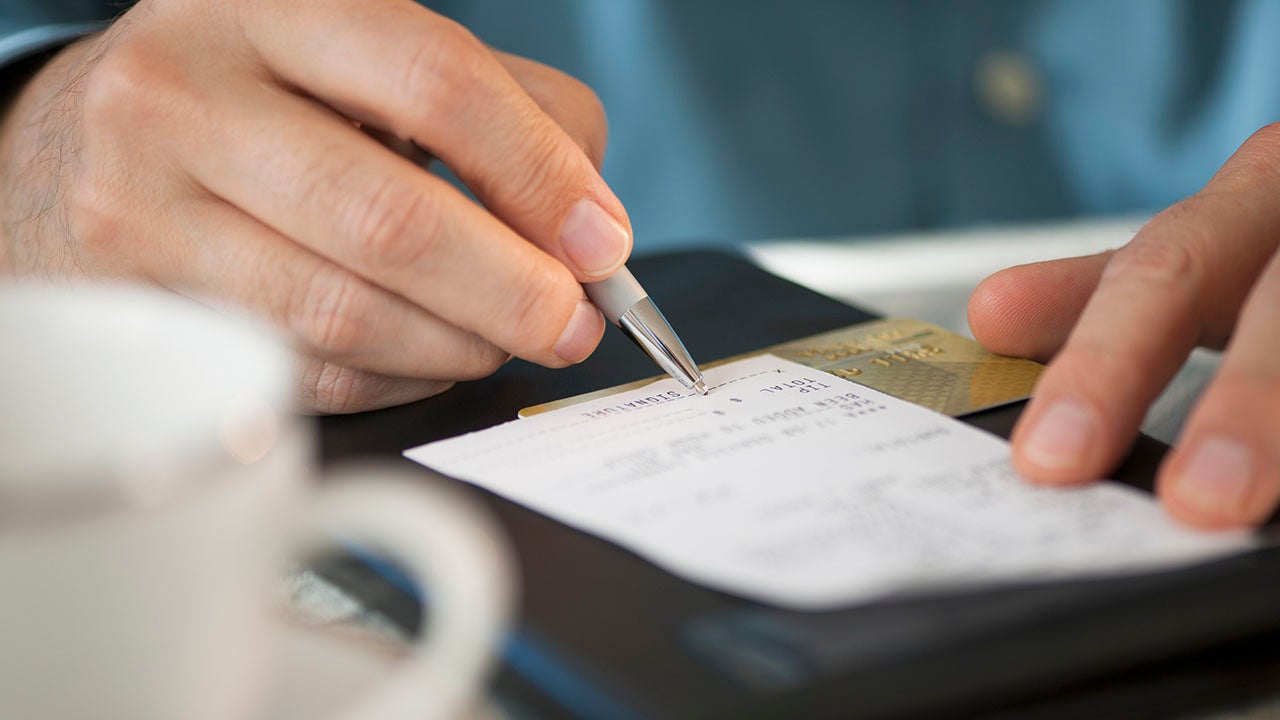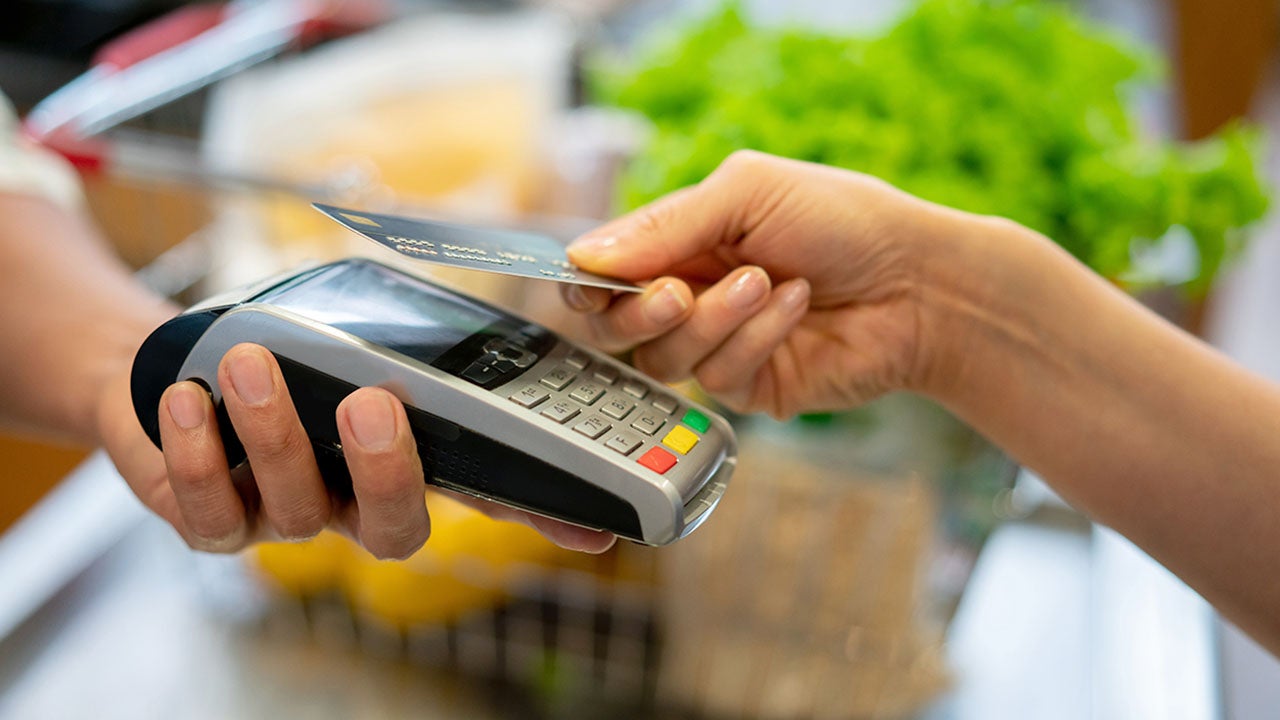How old do you have to be to get a credit card?

Key takeaways
- The minimum age to get a credit card is 18 years old.
- Card applicants under 21 years old need cosigners or proof of income to show issuers they can repay their balances.
- If you’re between ages 18 and 21, you could apply for a secured credit card or student credit card — or become an authorized user on someone else’s account.
- Using your first credit card responsibly can help build your credit history and establish a good credit score.
Building credit history is one of the most important tasks in a young person’s life — and the sooner you begin, the better. While it is possible to become a primary cardholder before the age of 21, getting a credit card at a younger age requires a little extra work.
If you’re new to credit, here’s what to know before applying for a credit card.
At what age can you get a credit card?
Cardholders must be at least 18 years old, the age when you are typically allowed to enter legal contracts. But if you’re under 21, the 2009 Credit CARD Act requires you to have a cosigner or show proof that you can independently repay your card debt, including having a job or business that earns a consistent income.
How to get a credit card at 18
If you’re over 18 and are thinking about applying for a credit card, make sure you understand credit card basics first, such as how credit card interest is calculated and the difference between common credit card terms like your statement balance, current balance and minimum payment due. This information can come in handy when you have to read your first credit card statement.
Once you feel confident in your newfound knowledge, it’s time to think about what cards would be best for you.
Types of credit cards for young adults
If you don’t yet qualify for a more traditional unsecured credit card, like those geared toward people with good to excellent credit, don’t worry. You can instead start by checking out these types of cards:
Secured credit cards
These cards require a security deposit to open in exchange for not requiring a high credit score. This deposit amount often ranges from between $200 to a few thousand dollars, though you can find cards with deposits that fall outside this range. Once you make the deposit, that amount typically becomes your credit limit.
Secured cards are great starter cards because they often allow you to graduate to unsecured cards and get your deposit back once you’ve shown responsible credit usage, such as by making on-time and in-full payments.
Student credit cards
If you’re looking into getting your first credit card while also starting college, you should strongly consider a student credit card. In addition to proof of enrollment, you’ll need proof of income if you’re under 21. However, these cards have higher approval rates for those with a thin credit history or limited income.
These cards can even come with opportunities to earn rewards designed for young adults, such as cash back bonuses for spending categories like dining, rideshares and grocery store purchases. Plus, like secured credit cards, student credit cards often allow you to graduate to a standard card.
Unsecured credit cards for those with no credit history
You don’t necessarily need to enroll in college or put down a security deposit to find a good credit card. Some card issuers offer unsecured cards geared toward those with bad credit history or no credit history, as well as those rebuilding their credit. However, these cards can sometimes come with annual fees or high annual percentage rates (APRs), so be sure to read the card agreement carefully before applying for one.
How to access a credit card before you’re 18
If you’re under 18, you can become an authorized user of someone else’s credit card account. Authorized users receive their own credit card that’s linked to the account of the primary cardholder. Though your name is on the card, the primary cardholder is responsible for paying the balance.
If the card issuer reports authorized users’ card activity to the credit bureaus, your credit score could benefit from the primary cardholder’s responsible use of the card. But missed payments or a high credit utilization on the card could also hurt your score.
Credit card options and requirements by age
| Cardholder age | Options available to access credit | |
| Under 18 years old | Become an authorized user on the credit card account of a responsible and trusted cardholder. | |
| 18 to 20 years old |
|
|
| 21 years old and up | Apply for a traditional credit card by meeting the card issuer’s requirements. |
How to start building credit
After you’re approved for a credit card, you can start using it responsibly to build credit. It helps to know the factors that are considered in your credit score, which include:
-
Payment history, including on-time payments
-
Credit utilization ratio, or how much available credit you’re using
-
Credit age
-
Credit mix, or different types of credit
- Any new credit or credit inquiries
Even though a new credit card might feel like you have newfound spending money, it’s best to still spend within your means and pay off what you owe, ideally in full each month. Experts also recommend keeping your credit utilization ratio — or how much of your available credit you’re using — under 30 percent. So, if your first credit card has a limit of $500, make sure your balance doesn’t go above $150.
To set yourself up for success, start with one card and wait at least six months before applying for another. Building a good credit score can help you access cards with better rewards, lower rates and lucrative welcome bonuses in the future.
The bottom line
The credit card age requirement is 18. However, card applicants under 21 must apply with a cosigner or show proof of income.
Even with the additional requirements, turning 18 opens the door to new financial opportunities that may help you build a strong credit score. Whether you plan to apply for a starter credit card, pay a deposit for a secured card or ask to become an authorized user on someone else’s account, you can start building your credit history and enjoy some of the perks that credit cards can offer. Just remember to use your card responsibly to avoid harming your credit score or ending up in debt.
Why we ask for feedback Your feedback helps us improve our content and services. It takes less than a minute to complete.
Your responses are anonymous and will only be used for improving our website.








